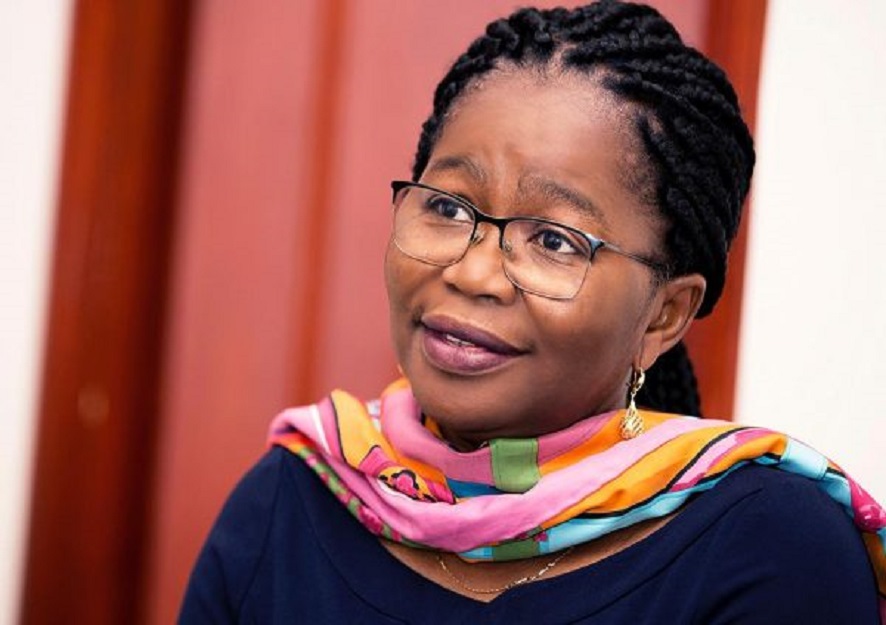Is Togo Appointment of First Woman Prime Minister a Win for Gender Equality?


September 28th, 2020 marked another milestone for African women when Victoire Tomégah-Dogbé was named Togo’s first female prime minister. She is the latest in a long line of remarkable African women who have achieved leadership positions on the continent.
This signals that African nations are making progress in the move toward attaining gender equality in leadership.
Victoire Tomégah-Dogbé, Togo’s first Female Prime Minister
The novelty of having an African woman appointed as a leader in Africa is well expressed by Fitsum Arega, the top aide to Prime Minister Abiy Ahmed of Ethiopian. He remarked when Sahle-Work Zewde was appointed as the country’s first female president:
“In a patriarchal society such as ours, the appointment of a female head of state not only sets the standard for the future but also normalizes women as decision-makers in public life,”
Victoire Tomégah-Dogbé was appointed to replace Komi Selom Klassou who resigned after serving as prime minister for 5 years. Before her appointment, she held various posts in the government including that of chief-of-staff and most recently Minister of Grassroots Development, Crafts, Youth, and Youth Employment.
As a minister, Victoire Tomégah-Dogbé focused on uplifting the standards of young people and women entrepreneurs. She successfully achieved this goal. Great strides were made in a short period of time. In 2019, the number of public contracts that were earmarked for the selected group was raised from 20% to 25%. As a result, the value of contracts that were awarded went up to XOF 30 billion compared to 12 billion the previous year. This was a significant advancement in the movement for gender equality in the business arena.
Victoire Tomégah-Dogbé goals as Prime Minister
The Prime Minister has mapped out a strategy based on enhanced communication within leadership. She shared the details in a meeting held on 06th October. As reported by Togo Top News, she said:
“We need to revisit our working methods, to modernize our instruments, to observe a lot of speed in the processing of letters and files … We must improve communication with the various ministerial departments, but also first of all between ourselves so that we can communicate better here with the other services.’’
There is Progress Towards Gender Equality for African Women in Politics
For a long time, women have been poorly represented in the political arena in Africa. However, a report published by the Africa Renewal magazine of April – July 2019 shows that great strides have been achieved in this regard.
In Sub-Saharan Africa, we are witnessing a greater representation in parliament. For example, in Rwanda, 68% of members of parliament are women. This is a higher percentage than found in many developed nations and proof that the fight for gender equality is gaining ground.
In addition, there is also a growing number of female ministers in African governments. In 2019, the percentage of women ministers in Rwanda was 51.9%, in South Africa 48.6%, and in Ethiopia 47.6%. What’s more, some have been awarded portfolios that were previously purely reserved for men, such as defense and finance.
However, the fight for gender equality continues.
Stumbling Blocks Confronting African Women in the Fight for Gender Equality
More female political representation translates to an increase in policies that directly impact women to their benefit. However, this alone is not enough to bring about gender equality. Women in Africa are still denied fundamental rights.
The challenges that face African women include:
- Unequal education opportunities. Studies conducted in institutions of Higher Learning in African states indicate that women are still underrepresented. This limits their opportunities to obtain jobs in governments and other industries.
- Many African governments are yet to adopt gender-sensitive policies with regard to legal, inheritance, and property rights.
- Although women in Sub-Saharan Africa make up 61% of the labor force, they do not reap the benefits and have no input in the use of resources.
- Traditional customs and attitudes that contribute to gender inequality are deeply entrenched. This hinders progress and has a direct bearing on the welfare of women.
Action is required on the part of Governments to implement policies that will narrow the gender gap. This includes empowering women legally to enable them to exercise control over their assets. Women also need access to finance; the girl child should be afforded equal opportunity in education, digital training, and other fields to unlock opportunities in employment.
However, the participation of women in decision-making is a good start which will contribute to growth and poverty reduction on the continent. Hence, African women leaders such as Victoire Tomégah-Dogbé, Sahle-Work Zewde, Ellen Johnson Sirleaf, Ameenah Gurib-Fakim, and many others are to be celebrated as an inspiration to the future generations.







Responses